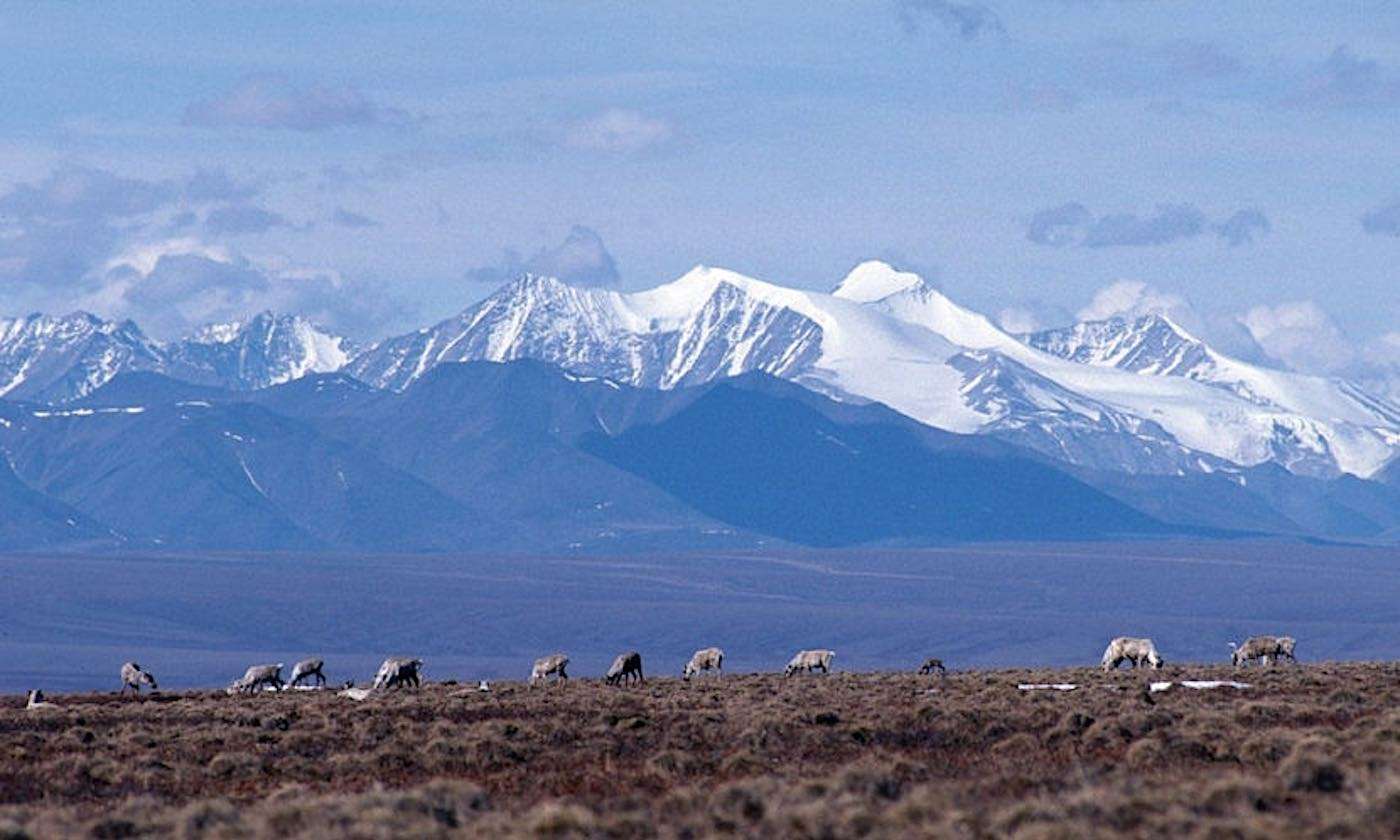How Phoenix Feeds The Hungry With Fresh Food While Saving Local Businesses and Farms
Phoenix, Arizona has managed to save dozens of farms and restaurants, while also giving free meals to hungry folks citywide.

In a stunning setback to the waning Trump Administration's long-stated goal of energy independence, a recent auction for oil drilling leases in the Alaskan Arctic attracted no major oil companies.
After literally generations of debate, when the federal government put a 5% slice of the Arctic National Wildlife Refuge up for lease, the long anticipated flood of oil interest simply didn't show up.
In fact, of the 22 parcels of land, totaling 1.1 million acres, the government of Alaska was the sole bidder and ended up winning leases on 9 of the 12 parcels that received bids. Merely two were acquired by private companies, and the others that received no interest were withdrawn from this round of auctions.
The region is known as the coastal plain, and federal estimates say a transformational supply of oil wealth - about 11.8 billion barrels - lie underneath the area that provides rich habitat for seabirds, polar bears, caribou, and other animals.
Even though the leases were expected to draw $1.8 billion in revenue over ten years, enough to "offset tax cuts", concern over a lack of interest led the state development company, the Alaska Industrial Development and Export Authority (AIDEA), to authorize $20 million in emergency spending to pick up some of the leases.
Those that went unsold will be offered again during the next lease period, while those that were picked up are available for 10 years. AIDEA says it will look for private companies that are interested in the leases it does hold.
Whether the astonishing absence of interest was due to a lack of infrastructure or roads around the coastal plain, the decline of fossil fuel investments (and use) during the pandemic, or the perception that every inch of the Arctic would be legally fought over by indigenous tribes and environmental activists, what was supposed to be a historic day ended with crickets and question marks.
"Today's sale reflects the brutal economic realities the oil and gas industry continues to face after the unprecedented events of 2020, coupled with ongoing regulatory uncertainty," said Alaska Oil and Gas Association CEO Kara Moriarty in a statement.
Either quite ignorant of the failings, or confident of future attempts to lease and develop the land, Alaska Senators Lisa Murkowski and Don Young, and U.S. Rep. Dan Sullivan, all described it as "a monumental/historic day for all Alaskans."
Opponents see the failure in a different light, one that is more shameful than historic. Adam Kolton, executive director of Alaska Wilderness League, described it as an "epic failure" and "a huge embarrassment."
"Essentially, the Trump administration had a party, hoped the oil industry would show up-and it didn't," Kolton said, according to AP. "[It's] a death knell for anybody who's arguing that this is going to be an oil, jobs, and revenue bonanza. I mean, they've just been unmasked."
Indigenous groups were sad to see the leases offered, however the concerns they raised during the public comment period did result in 460,000 acres, or 10 leasable tracts, being withdrawn due to wildlife concerns, involving caribou and polar bears.
After all the fuss, it may even come to pass that the Arctic is not explored for oil at all, since the leases are not finalized, and still pending a 2-week anti-trust review from the Department of Justice, which Trump hopes to expedite during his last days in office, according to Alaska Public Radio.
The future lease sales mandated under Trump's Tax Cuts and Jobs Act of 2017, which may occur under a Biden Administration, could attract even less interest, since the president-elect has stated he is entirely against Arctic drilling, and may try and repeal or interfere with any drilling leases or work in the ANWR-actions which take years to complete.
SHARE the Surprising Eco News on Social Media…
Be the first to comment